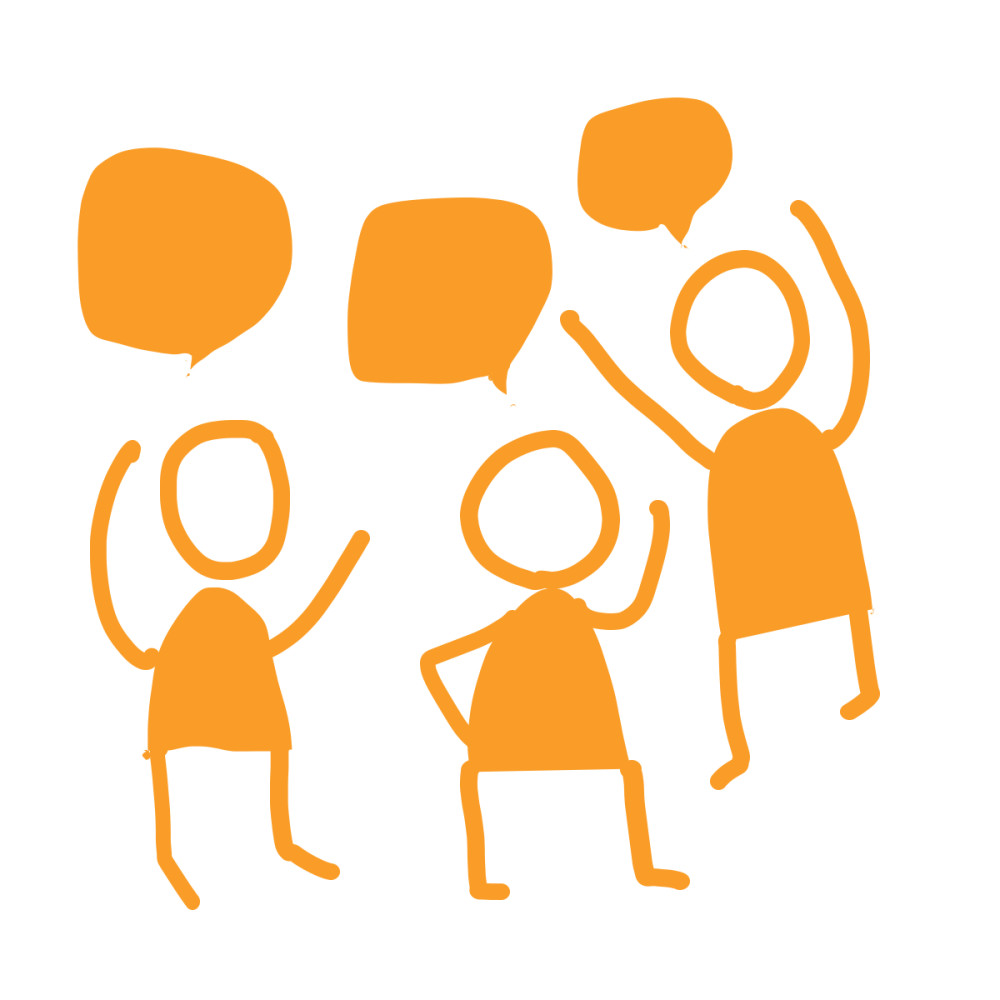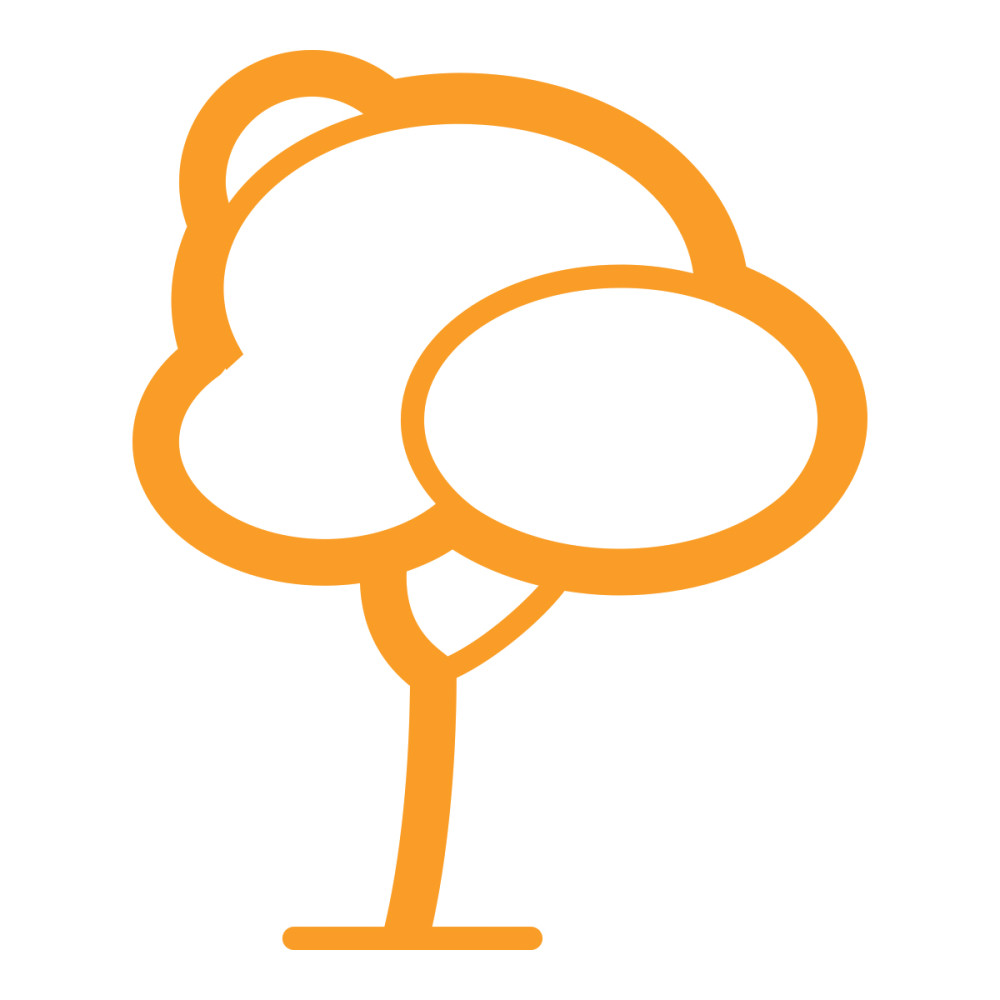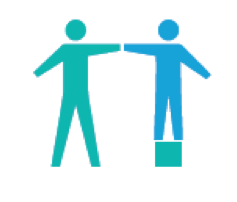Help craft a vision for your parks and recreation system!
The City of San Diego has begun the third of its four-step process to update the Parks Master Plan (PMP)
PARKS MASTER PLAN APPROACH: STEP BY STEP
1. Learning: Existing Conditions
- Data Review
- Demographics Analysis
- Climate Action Plan Analysis
- Recreation Programs and Services Assessment
2. Exploring: Needs and Priorities
- Regional Workshops
- Stakeholder Interviews
- Online Activity
- Statistical Survey
- Benchmark Comparison
- Service Standards Analysis
- Recreation Program Evaluation
- Trends Analysis
3. Envisioning: Long-Range Park Planning
- Visioning Workshops
- Vision Statement
- Guiding Principles
- Goals and Policies
- Conceptual Parks System Vision Map
4. Implementing: Parks Master Plan
- Implementation Workshop
- Short-term, mid-term and long-term actions
- Funding Strategies
- Partnership Opportunities
- Community Open Houses
Public Involvement So Far:
The Parks Master Plan has gathered input on the needs and priorities of residents in multiple ways:
- Statistically valid survey
- Online activity
- Regional Workshops
- Stakeholder interviews
WHAT WE HEARD
Input shows common priorities for residents in the City of San Diego:
- Neighborhood parks
- Open space and trails
- Off-leash dog parks
- Fitness and wellness programs
- Senior programs
- Nature/outdoor programs
- Maintenance of existing parks and facilities
- Efforts to make parks more active and safer
What is Visioning?
 Access/Connectivity
Access/Connectivity
Access in the context of parks means that every resident regardless of age, ability, or place of residence should be able to get to a park space or recreation opportunity safely and conveniently. Access includes walking, using assistive devices, biking, taking transit, or driving.
A 10-minute walk, or one-half mile, is a goal for many urban park systems
A complete network offers safe, convenient, comfortable access to parks for all residents. Many types of links both within and between parks and open spaces can expand access to recreational opportunities.
 Arts and Culture
Arts and Culture
Arts and culture are important elements of a park system that inspires and engages its residents and expresses the unique identity of a city and its neighborhoods.
Parks and recreational facilities offer programming for performing and visual arts, create spaces for artists, host cultural events, and serve as sites for public art installations.
300
Arts Classes and Workshops Offered in 2018
167
Dance Classes Offered in 2018
 Environment/Natural Areas
Environment/Natural Areas
Open space areas conserve and protect sensitive habitat and cultural history, while providing recreational and learning opportunities. San Diego offers both large regional parks and neighborhood open spaces.
Planting more trees in parks, appropriate open spaces, and along trails and streets make communities more comfortable and attractive.
27,000
Acres of Open Space
60
Open Space Parks and Canyons
200
Miles of Trails
 Parks & Programming
Parks & Programming
Recreation Trends
Busy lifestyles may not allow for typical, scheduled recreation. People are looking for more activities that they can choose to do at their own pace with a greater focus on health, wellness, and socialization, rather than competition.
Parks as Part of Communities
Parks are part of the fabric of our neighborhoods, making us healthier, safer, and better connected to one another. Nearby parks are also an important strategy for making urban neighborhoods and centers more comfortable, attractive, and livable.
Funding Constraints
Like large, urban systems across the U.S., the City of San Diego Parks and Recreation Department delivers a wide range of programs and services while maintaining existing facilities and constructing new parks to meet population growth. Continued deferred maintenance will increase the amount of reinvestment necessary to improve park and building conditions. Limited resources require cities to make choices about investments in future parks.
Many cities look for additional funding from:
- Foundations
- Special assessments
- Voter-approved funding
- Partnerships
- Private concessions
- Higher cost recovery from program fees
What is Your Vision?
The PMP is San Diego’s opportunity to build a world-class park system for all San Diegans based on the following guiding principles.
 Relevant
Relevant
Parks and recreational programs should meet the changing needs and wants of residents.
 Accessible
Accessible
Every resident should be able to get to a park space or program safely, conveniently, and actively.
 Iconic
Iconic
Parks should reflect the unique qualities of their settings and enhance the image of the City of San Diego and its diverse communities.
 Sustainable
Sustainable
Park improvements, programs, and management strategies should contribute to community economic development, social well-being, and a healthy environment.
 Equitable
Equitable
Every resident should be able to enjoy parks and recreational programs regardless of income, age, race, ability, or geographic location.
